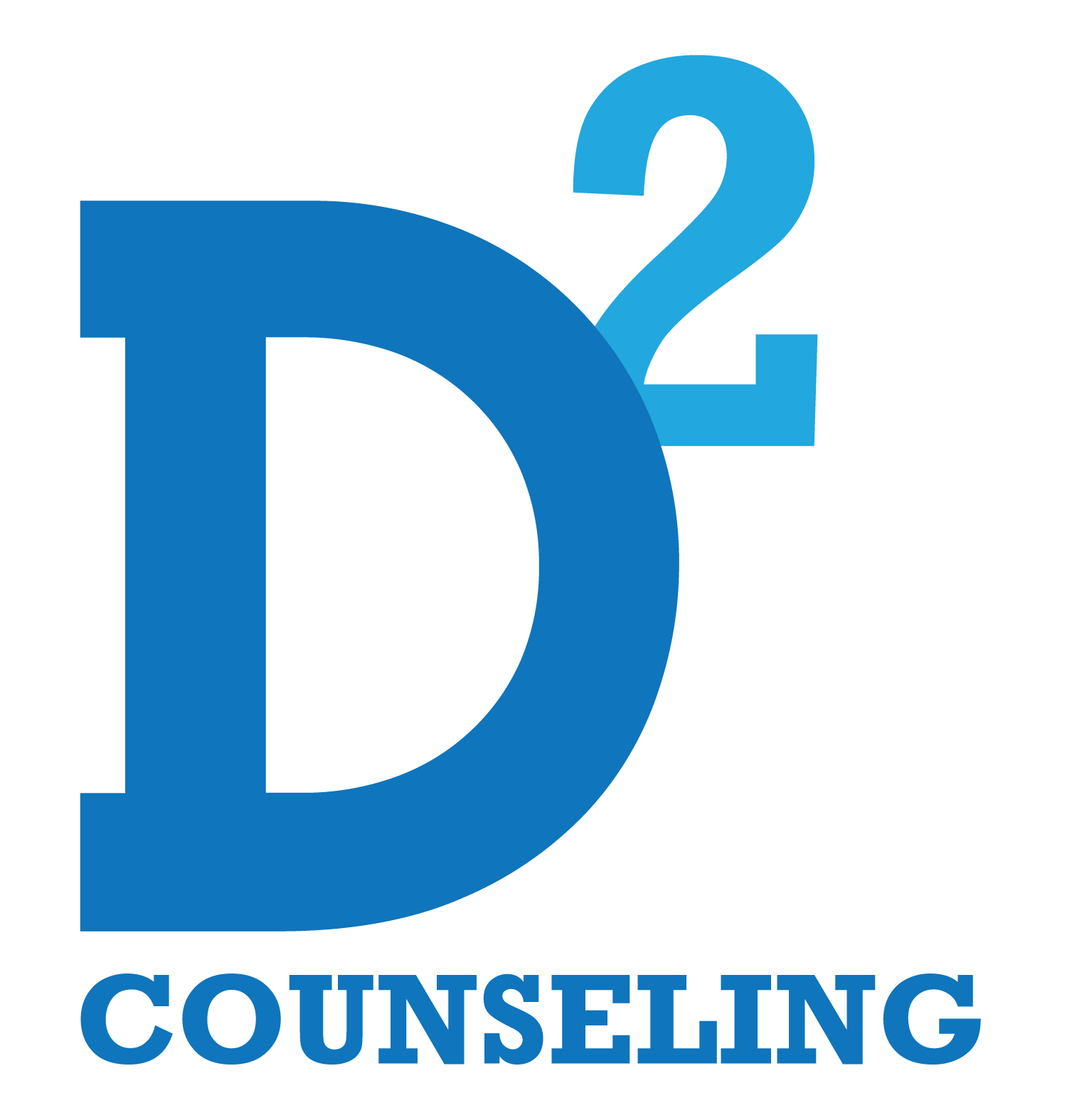We should be very very scared of what is going on in Florida right now.
Try to put Terry Schavo out of your mind and walk with me down a path that you will likely walk for yourself or with someone you love. As a patient in a health care setting, you have the right to make choices about your health care. This principle is called autonomy. It is the right that ensures that your choices are honored. It is the responsibility of the medical team to bring you information about your condition and bring you appropriate alternative approaches to deal with your situation. But ultimately the choice of treatment is yours. This is straightforward so long as we deal with a broken bone or a readily treatable infection. But what happens when the stakes are higher. We in the United States do a lousy job at end-of-life care. In part, I believe we suffer from the societal denial that death will ever affect one of us individually. For whatever reason, we sometimes shut our brains off and allow medical decisions at end of life to be driven by technology. You may well find yourself in the situation of having to ask the difficult question of “just because we can, should we?” When at that juncture, who do you want to make medical decisions for you? For myself, I would like to be able to include a team in making this choice. My team would include the medical staff, my family, and perhaps my minister. Ultimately however, it should be your choice.
But what happens if you become incapacitated and unable to speak for yourself. Who do you want to make your choices for you. It has long been recognized that this decision should go to next of kin. Theoretically, this is the individual that would know you best and be in the position of being able to decide for you as you would decide for yourself. We are given the opportunity to specify this decision maker through the legal device of Medical Power of Attorney. It is available at any hospital, or, your lawyer can help develop one for you. In addition, there is a device in Texas known as the Advanced Directive to Family and Physicians. This instrument may be used to help provide information to the decision maker that the physician will be looking at to make the decisions you might be unable to make for yourself.
Back to Terry Schavo. My thoughts and prayers go out to the family. My issue with this situation is not about the choices that anyone is making, but rather that the Terry Schavos right to autonomy has been violated. It should scare you that the individual that is legally chosen to make Terry’s decisions for her, choices that she herself wanted, has been unable to speak on her behalf because the government is trying to choose differently.
I worked for three years as Palliative Care Chaplain at a local hospital. As chaplain, it was my job to walk with families such as this in this difficult time. It was not my job to make decisions for the family, simply to support them as they chose the path that was right for the family, right for the decision maker, but most importantly, right for the patient. The results of these decisions were not the same from case to case, but we were always clear that the decision maker did have say. It was a much easier choice for the decision maker when a discussion with the patient had been held and everyone was clear on the patient’s wishes. They were harder choices were made when families had to guess or even argue about what the patient would have wanted.
The choice to continue, or discontinue life support, be it ventilator support, artificial hydration or artificial nutrition are medical treatment choices. One side of Mrs. Schavos issue wants to claim that she will “starve to death” when in fact, based on her own desires and understanding of the situation, the governmental interference is extending her suffering. If you were the patient, would you want to make these choices for your treatment, or would you prefer to designate a decision maker? Please be clear, now, with your family and loved ones what your choices are to be, and put the necessary forms on file with the health care facility, your attorney and your family.
And pray that the State and Federal Government, and George W. Bush do not take a political interest in your situation.
–
Rev. Daniel Gowan, LCDC, LPC-S




